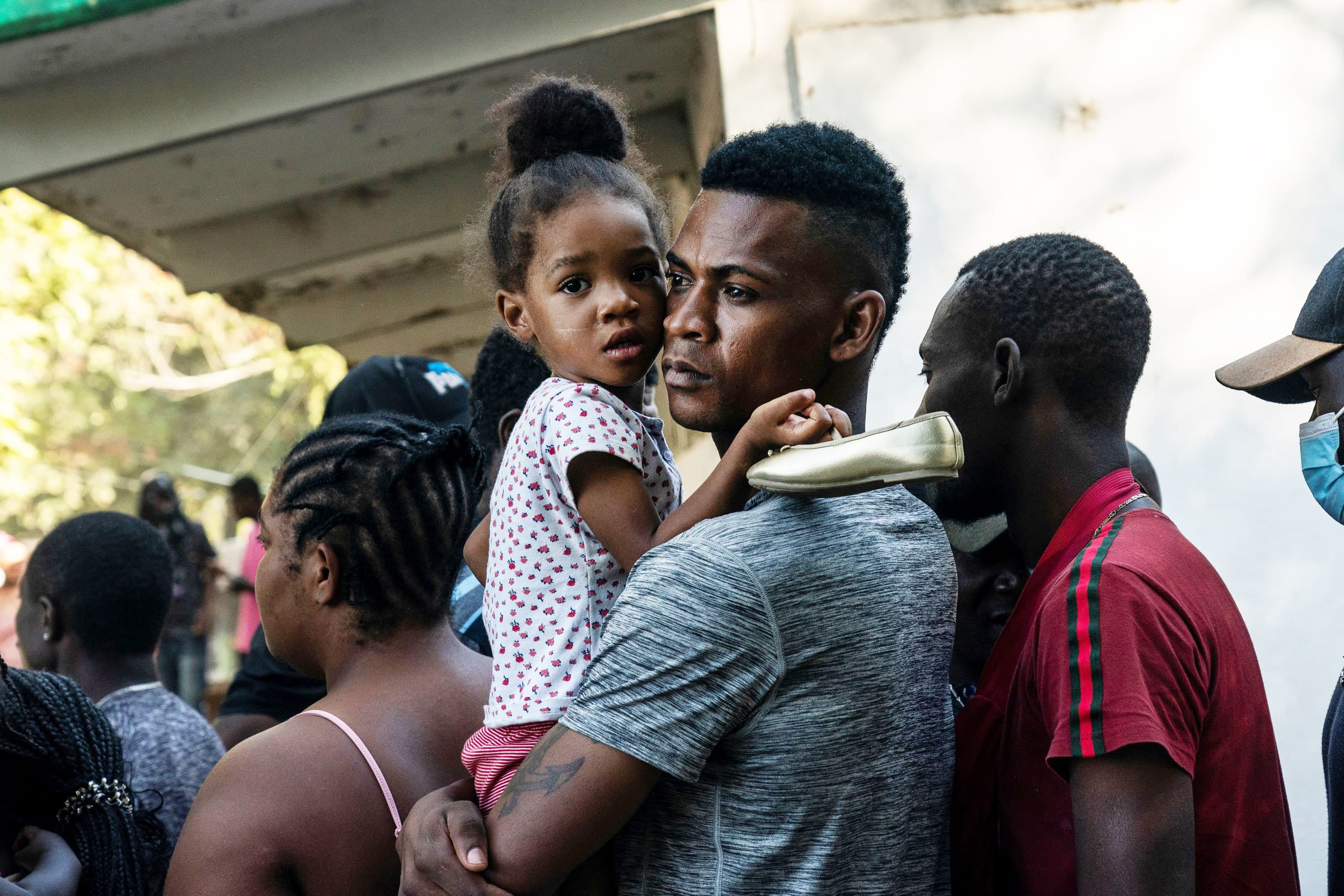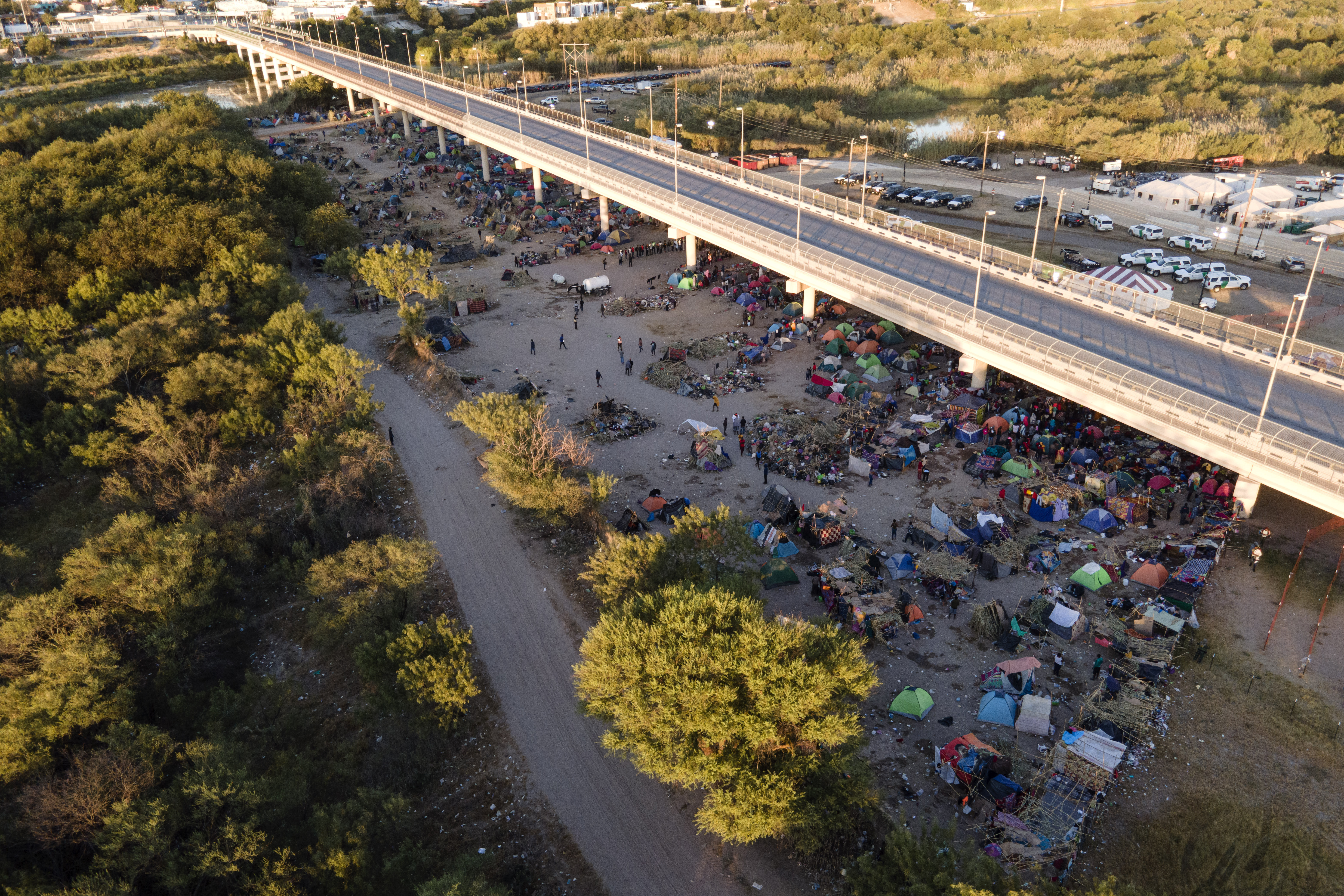It’s been a month since thousands of Haitian refugees arrived in Del Rio Texas, with the majority of them seeking political asylum. Nearly 6,000 have been deported back to Haiti in recent weeks but some have remained in the U.S., including here in San Diego.
Johny Oxeda, a San Diego pastor, gave refuge to several Haitians and said he didn’t think twice about heading to Texas to help his countrymen in immigration procedures.
Haitian Immigration
He, himself, arrived in the U.S. as a refugee and for that reason, understands their needs and why they do what they need to in order to leave Haiti.
Get top local stories in San Diego delivered to you every morning. Sign up for NBC San Diego's News Headlines newsletter.
Jean Richard left Haiti in 2013 and said he had seen people die on the way. He’s one of the thousands of Haitian refugees who arrived at the U.S.-Mexico border in Texas back in September. His journey began three years ago after an earthquake rocked the land and left 316,000 people dead or missing, 300,000 injured and more than 1 million people homeless.
“In 2013, I went to the Dominican Republic because of the insecurity,” Richard told Telemundo 20. “My life was in danger and they killed my father.”
He said after living in the Dominican Republic for two years, he set off to Chile.
Meanwhile, Pastor Oxeda said he traveled from San Diego to Texas in September to support his compatriots who arrived at the border, where they set up camp on the banks of the river separating the U.S. and Mexico.
The pastor returned with several refugees, whom he has provided with shelter, food and clothing as they awaited the duration of their immigration proceedings.
Nibiensun Martel, a political asylum seeker, told Telemundo 20 in Creole of his experience at the border. He said when he saw agents from the U.S., he felt relief because of the difficulties he endured in Mexico. Martel said in Mexico, refugees weren’t offered help and police would steal their belongings.
“When I crossed the river, I was able to finally enter. I felt so happy,” he said.
It was an experience that was similar to that of Richard’s. Like all others, they have dreams to accomplish.
“I feel great in San Diego,” Richard said. “I want to study computer science.”
According to the pastor, when the refugees he helps have court dates and they receive food and medical benefits, they can live in apartments provided by Christian and Catholic churches for three months. Afterwards, they’ll have to adjust to society until immigration courts make a decision on their political asylum applications.



